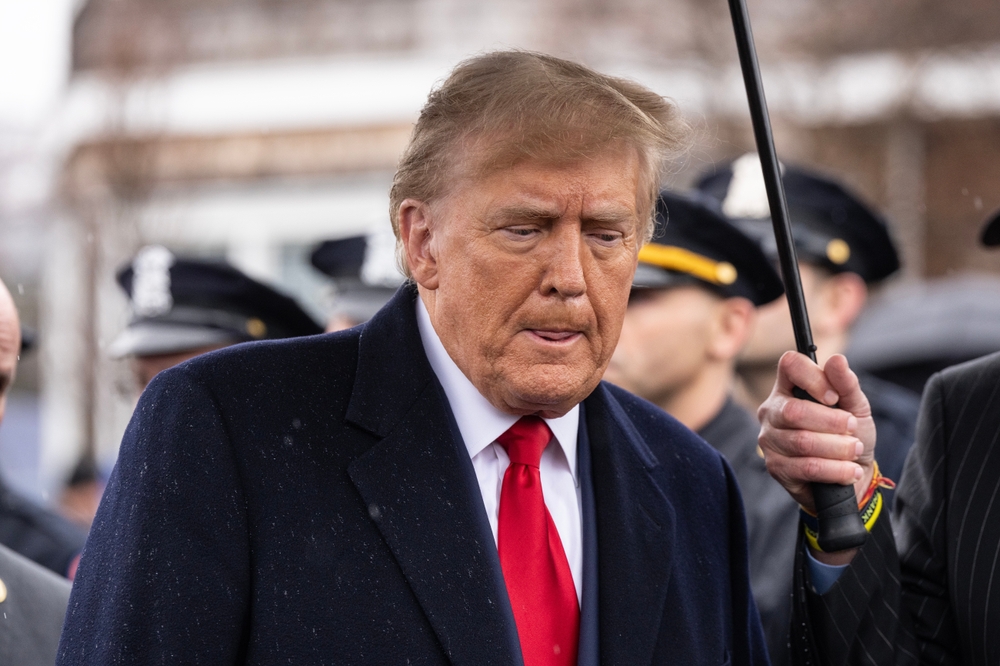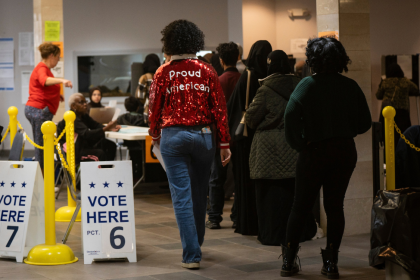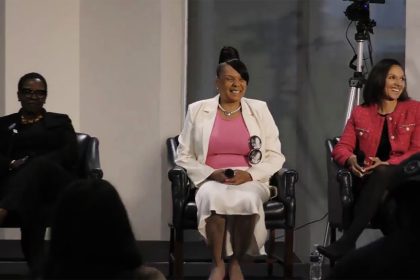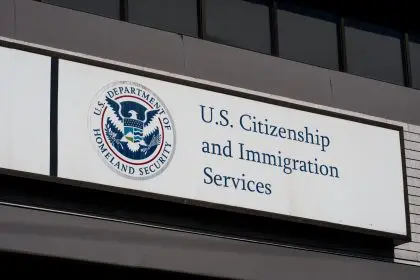Lawmakers clash over conditions at controversial “Alligator Alcatraz” facility as transparency concerns mount
The remote swamplands of Ochopee, Florida, have become ground zero for an explosive political confrontation over immigration detention practices. A controversial new facility, nicknamed “Alligator Alcatraz” by critics, has ignited fierce debates between Democratic and Republican lawmakers following a contentious inspection tour that has left more questions than answers about conditions inside America’s newest immigration detention center.
The facility represents a critical component of the Trump administration’s ambitious plan to expand detention capacity from 41,000 to at least 100,000 individuals, positioning Florida at the forefront of the nation’s immigration enforcement strategy. However, the stark disagreement between political parties over what they observed during recent tours has transformed this remote location into a flashpoint for broader debates about human rights, government transparency, and immigration policy.
Democratic Leaders Sound Alarm Over Detention Conditions
Democratic representatives who participated in the state-arranged Saturday inspection emerged with damning assessments of the facility’s operations. Representative Debbie Wasserman Schultz characterized the environment as exhibiting deeply troubling characteristics that warranted immediate intervention from federal authorities.
The lawmakers documented concerning living arrangements where 32 individuals share single restroom facilities, with indoor temperatures reaching 83 degrees in multiple areas. These conditions, combined with reported insect infestations and sanitation deficiencies, have prompted calls for comprehensive facility reforms and enhanced oversight mechanisms.
Despite restrictions preventing direct communication with detainees, some individuals reportedly called out declarations of American citizenship while others chanted freedom-related slogans, highlighting the complex circumstances facing those held within the facility’s walls.
Republican Officials Defend Facility Management
Republican lawmakers who toured the same facility painted a dramatically different picture of operations and conditions. State Senator Blaise Ingoglia disputed Democratic characterizations, asserting that the center maintained appropriate cleanliness standards and operational efficiency for a transitional holding facility.
Senator Jay Collins reinforced these assessments, noting that while certain amenities might not meet residential standards, they remained adequate for temporary detention purposes. Republican officials emphasized the facility’s backup power systems and sanitation infrastructure as evidence of proper management practices.
The contrasting perspectives have created a political divide that extends beyond simple policy disagreements, raising fundamental questions about objective assessment of government facilities and the role of partisan politics in oversight activities.
Media Restrictions Fuel Transparency Concerns
The exclusion of journalists from inspection tours has amplified concerns about government transparency and accountability. Lawmakers were prohibited from bringing recording devices or cameras, creating an information vacuum that has allowed conflicting narratives to flourish without independent verification.
This lack of media access has prompted criticism from transparency advocates who argue that public facilities should be subject to independent scrutiny. The restriction has also complicated efforts to establish factual baselines for evaluating facility conditions and management practices.
Federal Homeland Security Secretary Kristi Noem addressed previous concerns about facility operations, indicating that identified issues had been resolved. She also revealed discussions with other Republican governors about potentially replicating similar facilities in their states, suggesting broader implementation of the Florida model.
Legal Challenges and Florida’s Political Landscape
The controversy has spawned legal action from five Democratic state lawmakers who initially faced access restrictions to the facility. These officials have accused the DeSantis administration of obstructing legitimate oversight functions, allegations that administration representatives have dismissed as politically motivated.
The legal confrontation reflects broader tensions within Florida‘s political environment, where immigration policy has become a defining issue for state leadership. The outcome of these legal challenges could establish important precedents for legislative oversight of detention facilities and government transparency requirements.
Detainee Experiences and Human Rights Considerations
Reports from detainees and their families have highlighted concerns about food quality, sanitation access, and shower availability that contrast with official assurances about facility standards. While state officials have promised medical care, recreational opportunities, and legal support access, these accounts suggest implementation gaps that warrant investigation.
The facility’s remote location and operational restrictions have made independent verification of conditions challenging, creating an environment where competing claims about treatment and conditions can persist without resolution.
The rapid construction timeline, driven by federal detention expansion requirements, has raised questions about whether adequate planning and infrastructure development occurred before facility activation. These concerns have implications for both current operations and future detention facility development across the United States.
The ongoing controversy surrounding Florida’s immigration detention center represents more than a simple policy dispute—it reflects fundamental disagreements about human rights, government accountability, and the appropriate treatment of individuals in federal custody. As legal challenges proceed and political tensions persist, the voices and experiences of those detained remain largely absent from public discourse, highlighting the need for enhanced transparency and independent oversight in America’s immigration detention system.
















